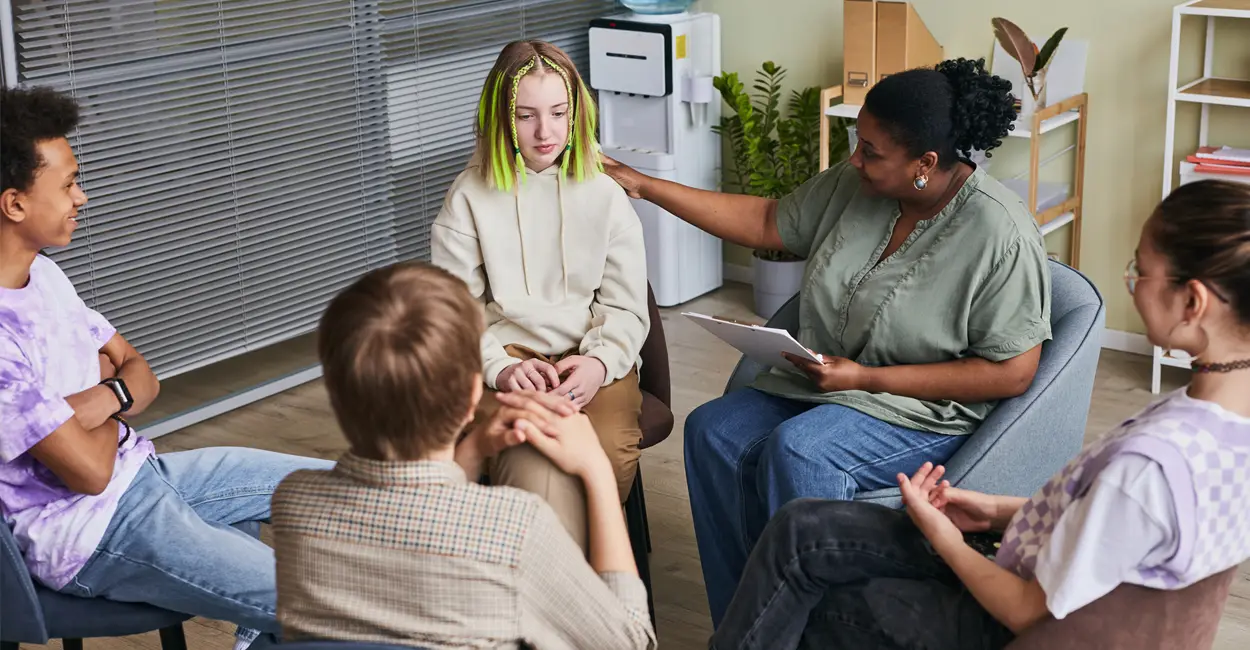24/7 Helpline:
(866) 899-221924/7 Helpline:
(866) 899-2219
Learn more about Group Therapy centers in Baker County
Group Therapy in Other Counties

Other Insurance Options

Access to Recovery (ATR) Voucher

Optima

Health Choice

CareSource

Magellan

PHCS Network

Choice Care Network

Providence

Lucent
Beacon

United Health Care

Absolute Total Care

Humana

Ambetter

Sutter

WellPoint

Regence

Magellan Health

UnitedHealth Group

American Behavioral

Meridian – Baker County Clinic
Located in Macclenny, Florida, Meridian- Baker County Clinic is an alcohol and drug rehab program th...


































